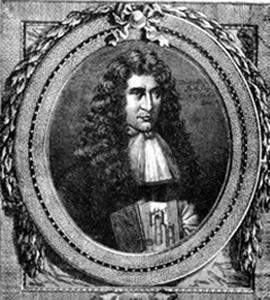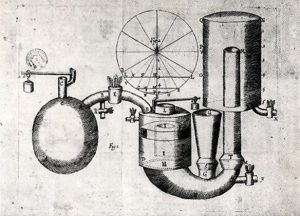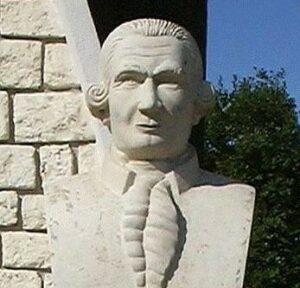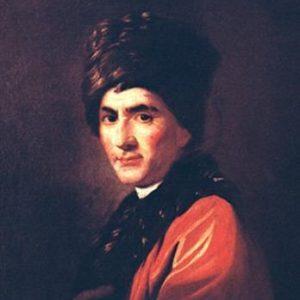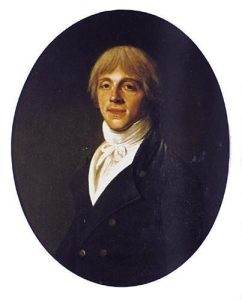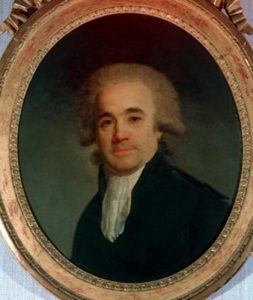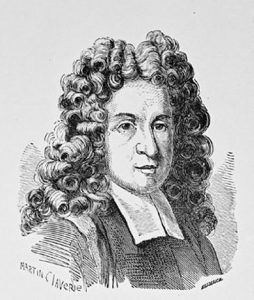He had the privilege of studying with distinguished scholars
Denis Papin was born near Blois in 1647, the son of a protestant doctor. He studied medicine in Angers then came to Paris in 1673, where he became assistant to the famous Dutch physicist and astronomer Christian Huygens, who was also a protestant and who had settled in France.
Huygens sent him to England where he worked with Robert Boyle, a physicist and a chemist, one of thegreatest scholars of his time. They worked on a machine using air pressure and in 1679 added the finishing touches to the well-known “cooking pot”, the original model for all modern pressure-cookers – it is he who invented the famous “safety valve”.
In 1679, he became the assistant of Robert Hooke, a mathematician and an astronomer belonging to the Royal Society of Physics in London – Papin himself became a member of this illustrious institution in 1680.
Banished from France by the Revocation
In 1685, due to the Revocation of the Edict of Nantes, Denis Papin had to give up any idea of returning to France as he was determined to remain loyal to his protestant faith.
In 1687, the Elector of Hesse-Cassel appointed him professor of mathematics at the University of Marburg. Here he built various remarkable machines ; a centrifugal ventilator to provide air for the mines, a machine for making plate glass for windows, another for pumping water out of salt mines etc. But he concentrated all his efforts on building a steam engine and in 1705 he achieved his aim, (the engine was described in a book written in Latin in 1707). In 1707, he also built his first steamship ; sadly, this was destroyed by boatmen who were jealous of this new invention and thought that it might cause them to lose their jobs. So he went back to England, where he tried to do more experiments but without success. He died in London, around 1712, in poverty and forgotten by all.

